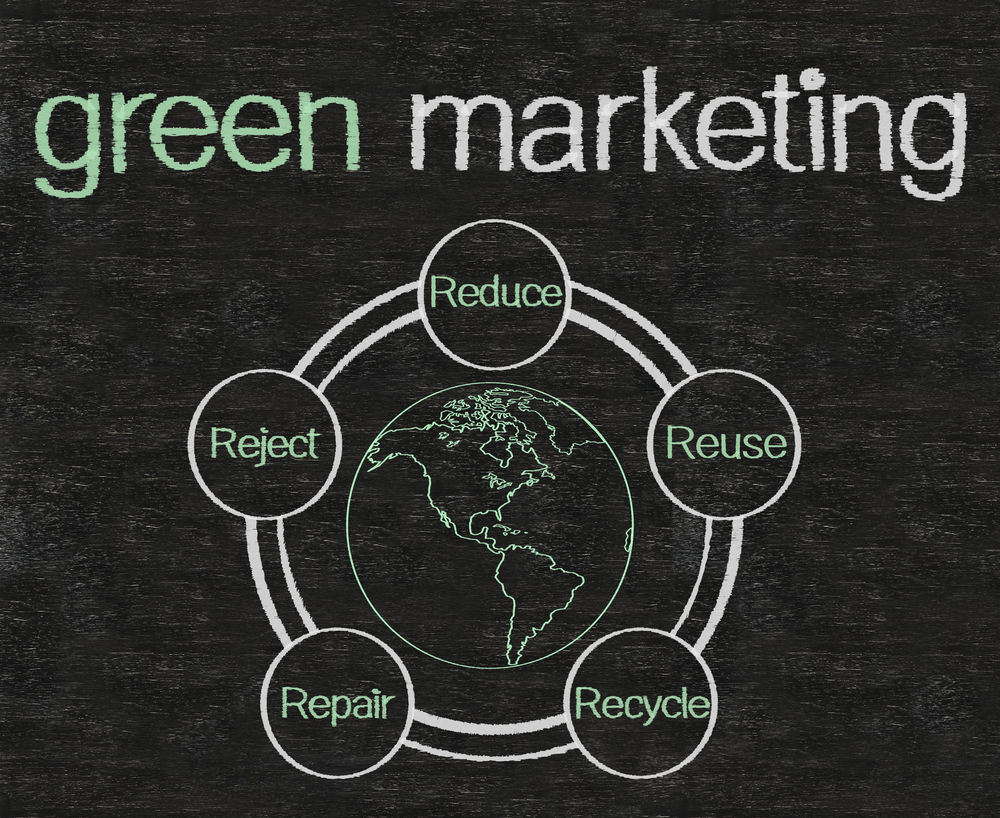Sustainable businesses tend to consider the important roles of the environment and how to protect nature for a successful business. That’s why it’s important to develop the right marketing strategies that combine economic, social, and environmental goals. In that way, sustainability can be achieved and maintained while facing various business challenges.

Below are the top marketing strategies for sustainable businesses.
Use Environmentally Friendly Forms of Advertisements
Sustainability marketing is defined as creating and maintaining sustainable relationships not only with customers but also with the natural and social environment. It is beyond selling because you provide solutions to your customers while taking into consideration the ecological orientation and ethical business process.
It’s important to use advertisements that consider preservation and care for nature to ensure that your sustainable business exists and lives according to your values. This shows your commitment and passion for sustainability even in advertising practices. There are environmentally-friendly forms of advertisements available nowadays to help sustainable businesses achieve marketing goals.
Here are some examples:
- Distributing eco-friendly handouts using biodegradable alternatives without using plastics.
- Promoting the responsible use of products and proper disposal.
- Transparency on product details to help consumers make an informed buying decision.
- Incorporating the Federal Trade Commission or FTC Green Guides in your product promotions.
- Digital marketing is a form of eco-friendly advertisement because it decreases the use of paper, and the digital marketing budget 2020 is not as enormous as traditional forms of advertisements using brochures, banners, or flyers.
Create a Solid Marketing Plan Evolving on Sustainability
When creating a marketing plan, you need to have clear social objectives. For sustainable businesses, they should operate in a certain environment and relationships with all stakeholders, including employees, contractors, suppliers, customers, and investors in a positive way. It’s crucial to ensure fairness when formulating sustainability social objectives through Corporate Social Responsibilities or CSR programs.
Ecological objectives should include producing products that are less harmful or no impact to the environment because byproducts and improper disposal can affect nature over time. Life Cycle Assessment or LCA guides help sustainable marketers set holistic ecological objectives.

Here are the key areas covered by LCA Guides to help you create a solid marketing plan for your sustainable business:
- The material used, such as toxic materials, renewable, and non-renewable energy usage
- Effluents like production water quality
- Emissions like ozone depletion problems and greenhouse gases
- Waste like toxic materials, and not recyclable wastes
- Water use such as volume required to produce
Note: There are online tools you can use to help you in formulating an effective and efficient marketing plan for your sustainable business. These tools are easy to use and free, such as Marketing Plan Templates – 27 Amazing Free Tools.
Go Green Marketing
Sustainable companies should develop effective green marketing strategies and products with honesty and genuine commitment to sustainability to earn the loyalty and respect of consumers. Avoid greenwashing or making “green” or sustainable claims just to get the buy-in of the people.
Here are some tips when implementing go green marketing:
- Green Design: Use a big recycle symbol on your product packaging to encourage recycling after initial use. From the raw materials to the final product, incorporate eco-friendly materials to achieve a green design without greenwashing.
- Green Positioning: Live to the values of your product as what is reflected on your packaging and marketing channels, like your website and social media pages. For instance, The Body Shop implements effective green positioning. As seen on their website, the company is against animal testing, activates self-esteem, defends human rights, supports community fair trade, and protects the planet. True enough, the company has never tested any of their products on animals.
- Green Pricing: Encourage consumers to participate in sustainability. For instance, if you’re selling sustainable cars, you can promote the fuel-efficiency of the vehicle, emphasizing the important benefits of such a car feature.
- Green Logistics: Avoid hard-to-open and wasteful packaging materials, like wire ties, air-bubble wrap, and plastic clamshell casings. You can also reduce the carbon footprint of shipping and delivery by collaborating with carriers who are also practicing sustainability techniques. In that way, your customers will receive your products in original and good condition without utilizing much fuel or energy.
- Green Disposal: Everything must be sustainable from the production phase up to disposal because unsustainable disposal practices are hazardous to human health and the environment. That’s why an effective green marketing strategy must consider all aspects of a product’s life cycle.
Conclusion
Sustainable businesses can benefit from green or environmentally-friendly marketing and business practices. Because more and more consumers are becoming conscious of how products affect the environment, all your marketing efforts should gear towards sustainability. While you want to gain higher profits for your business, it’s essential to live up to your company’s sustainability values to gain the respect and loyalty of the people.


